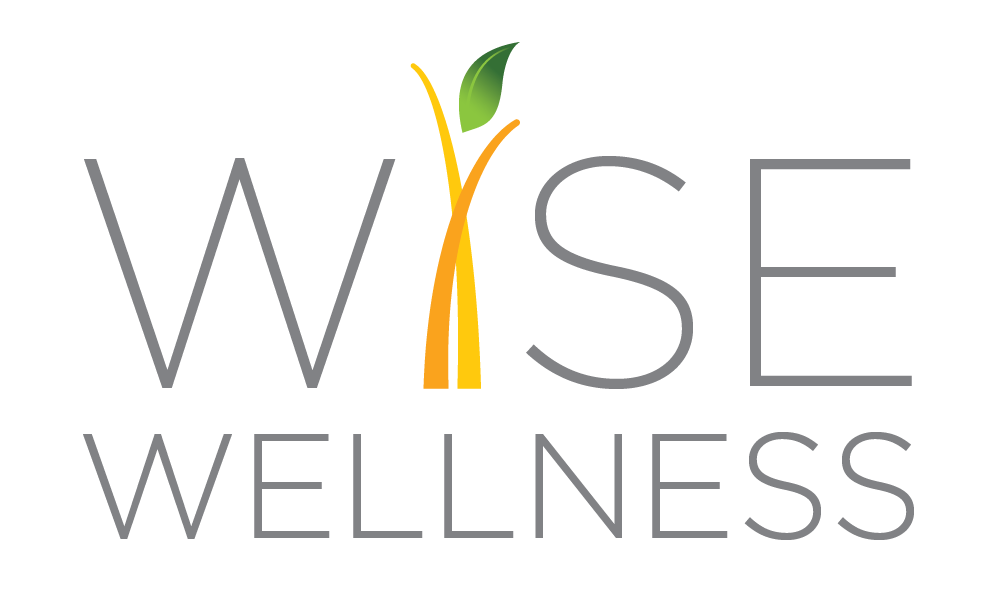Frozen Shoulder Ouch! That’s all I can say. And, why didn’t anyone tell me?!
Frozen shoulder commonly occurs in individuals between the ages of 40-60, with a higher percentage of cases in women.
As middle-aged women, we often like to blame menopause for everything that “happens” as we age and go through this transition.
While it’s true that the drop in estrogen and progesterone can lead to stiff joints in many women, is that the real cause? It’s hard to separate “aging” from menopause since they go hand in hand.
Early last year, I began waking up with achy, stiff shoulders. Since I tend to sleep on my sides, I joked, “I got a sleeping injury.” Having never experienced a shoulder injury before, I wasn’t sure what was happening. I thought maybe it was swimming, so I took a break. But it didn’t help. Oddly enough, I found that while it hurt to start swimming, the movement actually made my shoulders feel better. Hmm…
Frozen Shoulder! Ouch!
I had a year full of incredible experiences, along with a few unexpected challenges that reminded me just how much stress can impact the body. As the months passed, my shoulder pain gradually worsened, limiting my mobility, and I found myself prioritizing others’ needs over my own and delaying the treatment required to beat this painful shoulder condition.
You might be wondering—what does stress have to do with frozen shoulder? Stress triggers the release of cortisol, a hormone that can suppress thyroid function. Through further research, I discovered a strong link between hypothyroidism and frozen shoulder, particularly when it affects both shoulders. Given the year I had, hypothyroidism had crept in—likely as a result of prolonged stress—and my blood tests confirmed it. The connection between stress, hormones, and thyroid health is undeniable; they fit together like hand in glove.
As I finally came up for air at the start of this year, I had reached my limit with the pain and lack of mobility in my arms. Many people only get it on one shoulder, I’m lucky enough to have it in both. I began digging deeper, looking for not only a root cause but solutions, and here’s what I’ve learned:
Key Takeaways:
Start early – If you’re a woman in midlife and start experiencing stiffness or pain in your shoulders, seek physical therapy (PT) right away to break up the tissue. The sooner you get help, the better your chances of avoiding long-term issues.
Check your thyroid – Get a full thyroid panel done and support your body with stress management, nutrition, and supplements. Fixing this must happen or it has chances of returning. Reach out for more info.
Gut health matters – While often overlooked in discussions about frozen shoulder, inflammation in the gut can lead to inflammation throughout the body.
Phases - the condition goes through three stages and typcially lasts an average of 1-3 yrs if left untreated (and possibility of not recovering full ROM):
Freezing - gradual onsite of shoulder pain, increasing over time
Frozen - joint feels locked, everyday activities become challenged
Thawing - pain begins to fade, stiffness slowly decreases.
Do your exercises – If you’re given exercises, take them seriously and do them three times a day. It’s crucial for recovery.
When I encounter challenges with my body, I always try to look deeper, for the root cause, and share what I learn to help others. While I may not know for certain what caused my frozen shoulders, I can assume a variety of factors and address them to ward off any trouble down the road. I’ve already helped three friends by sharing my story and getting them to act early. As for me, I didn’t know what I didn’t know, and now I’m heading in for a surgical manipulation on both arms to break up the scar tissue and regain my full range of motion. I’ll report back, but looking forward to being able to sleep, wash my hair and tuck in my shirt without pain!
I am open to hearing your stories! Please share if you have one.

